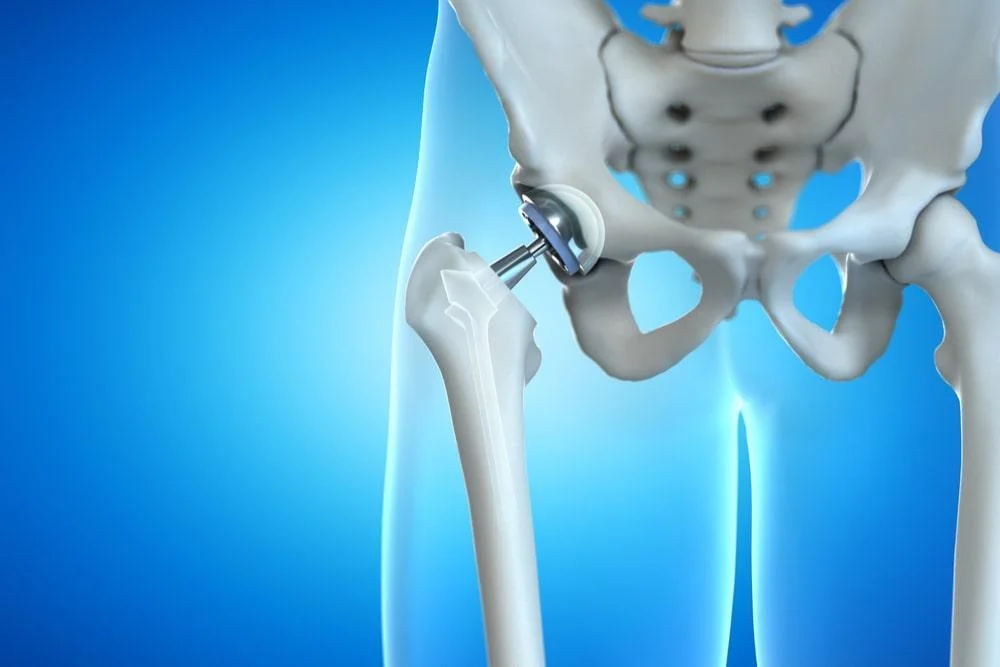Understanding Robotic Hip Replacement
Robotic hip replacement is an innovative surgical technique that combines advanced robotic technology with the expertise of orthopaedic surgeons to replace a damaged or diseased hip joint. This cutting-edge approach enables precise placement of the hip implant, resulting in improved joint alignment, enhanced stability, and better overall hip function.
During a robotic hip replacement, a 3D virtual model of the patient’s hip is created using advanced imaging technology. The robotic system assists the surgeon in accurately navigating the joint and positioning the implant, leading to a more natural feeling hip post-surgery.

Do You Require Robotic Hip Replacement?
If you are experiencing severe hip pain, limited mobility, or have been diagnosed with advanced hip arthritis or other degenerative hip conditions, robotic hip replacement may be a suitable treatment option for you. This procedure is particularly beneficial for patients who require complex or revision hip replacement surgery.
Signs You May Need Robotic Hip Replacement:
- Severe and Persistent Hip Pain
- Difficulty Walking or Standing
- Chronic Hip Swelling and Inflammation
- Limited Range of Motion and Stiffness
- Failed Previous Hip Surgeries
- Progressive Degeneration of the Hip Joint
- Impact on Daily Activities and Quality of Life
If you are experiencing these symptoms or have been advised to consider hip replacement surgery, it is essential to consult with an experienced orthopaedic specialist for a comprehensive evaluation. Dr. Safiuddin Nadwi and the team at Dr. Joints are dedicated to providing personalized and effective orthopaedic care to help you regain mobility, alleviate pain, and improve your quality of life.
Advantages or Benefits of Robotic Hip Replacement:
- Enhanced Surgical Precision: Robotic assistance allows for more accurate placement of the hip implant, leading to improved joint alignment and function.
- Faster Recovery Time: The precise nature of robotic hip replacement can result in less tissue damage and a quicker recovery compared to traditional hip replacement surgery.
- Customized Treatment: The 3D virtual modeling enables personalized surgical planning tailored to each patient’s unique anatomy.
- Reduced Risk of Complications: The advanced robotic technology minimizes the risk of errors during surgery, leading to improved patient safety.
- Long-lasting Results: When performed by an experienced orthopaedic surgeon, robotic hip replacement can provide long-lasting relief from hip pain and improved joint function.
Why Choose Dr. Joints for Robotic Hip Replacement:
Choosing Dr. Joints for robotic hip replacement means opting for surgical excellence, innovative technology, and compassionate care. Contact us today to learn more about how Dr. Safiuddin Nadwi and his dedicated team can help you achieve improved mobility and a better quality of life.
FAQs on Robotic Knee Replacement
Candidates for robotic hip replacement typically have complex hip conditions or require revision surgery and are in good overall health.
Recovery time can vary, but many patients experience a quicker recovery due to the precise nature of robotic-assisted surgery.
Like any surgical procedure, there are risks involved, including infection, blood clots, and complications related to anesthesia. However, these risks are minimized with the use of robotic technology and when performed by an experienced orthopaedic surgeon like Dr. Joints.
Yes, physical therapy is an essential part of the recovery process and can help improve strength, flexibility, and range of motion in the hip.
With proper care and maintenance, the implants used in robotic hip replacement can last for many years, providing long-lasting relief from hip pain and improved joint function.
Candidates for robotic hip replacement typically have complex hip conditions or require revision surgery and are in good overall health.
Recovery time can vary, but many patients experience a quicker recovery due to the precise nature of robotic-assisted surgery.
Like any surgical procedure, there are risks involved, including infection, blood clots, and complications related to anesthesia. However, these risks are minimized with the use of robotic technology and when performed by an experienced orthopaedic surgeon like Dr. Joints.
Yes, physical therapy is an essential part of the recovery process and can help improve strength, flexibility, and range of motion in the hip.
With proper care and maintenance, the implants used in robotic hip replacement can last for many years, providing long-lasting relief from hip pain and improved joint function.

